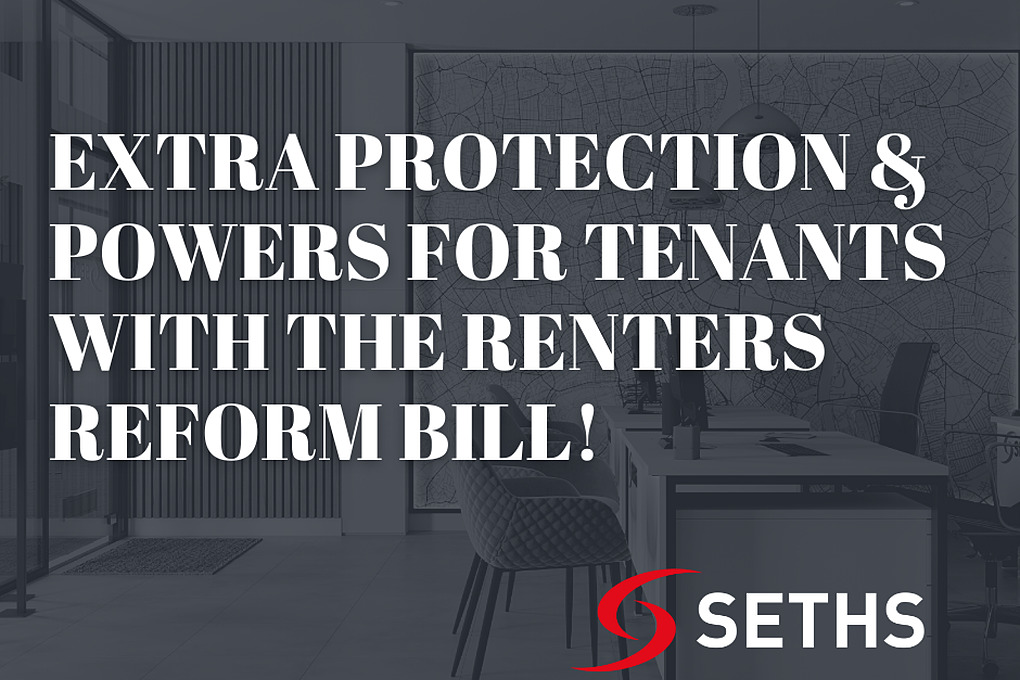Extra Protection & Powers for Renters with the Renters Reform Bill!

- Jun 19th 2022
The government has recently released the long-awaited Renters Reform White Paper, which is set to introduce significant changes in the private rental sector for 30 years.
The government aims to set a fairer private rental sector, and with the Renters Reform White Paper, it seeks to redress the balance between landlords and 4.4 million private tenants. The reforms are also set to help those most venerable with the recent rise in the cost of living, including unfair rent increases.
New measures also include the end to section 21 'no fault' evictions, minimum standards to be met by landlords and making it easier for first-time renters, those on benefits and renters with pets to let a property.
The government insists these new measures will improve the overall rental market and protect both tenants and landlords.
Under the proposed new rules, the government is suggesting that notice periods for rent increases be doubled, with tenants being given more power to challenge rent increases if they feel unjustified.
Landlords must ensure their property is fit for occupation and meet the Decent Homes Standard, which is to be introduced to this sector for the first time. Homes that don't meet this standard, will mean that people will have their rent repaid. Local councils will have stronger powers to tackle rogue landlords directly and give more considerable fines for serious offences.
Tenants will also have the power to leave poor-quality homes that do not meet the Decent Homes Standard without being liable for any remaining rent. This will make it easier for tenants to move to a new property and have a decent standard of living.
Section 21 'no fault' evictions will also be banned, allowing tenancies to end if a tenant wants to terminate their tenancy agreement or if a landlord has a valid reason, which can be defined by law.
Landlords won't be able to refuse pets unreasonably and must consider the request should a tenant make one.
The government will also be setting up a Private Renters' Ombudsman, which will settle disputes between landlords and tenants. The new Ombudsman service will be available at a low cost. Tenants will also be able to rate their landlords and demand information on who they are.
The government believes these measures will help those facing rogue landlords, which it believes is about 21% of tenants in the private rental sector.
This is great news for tenants in the private sector as it means that renters will not be faced with unexpected and unreasonable rent increases, while having greater flexibility on how they live in their rental home.
Tenants will also be able to take action if their home doesn't meet the minimum standard required, including leaving their tenancy earlier without any penalties. With the abolishment of section 21, tenants won't be told to leave their homes unless a landlord can justify it with current law and legislation.
Industry analysts are concerned that the new measures could lead to more landlords exiting the sector, especially after a number of landlords left the sector after the government made tax change announcements regarding what landlords could claim as expenses such as mortgage payments, making it less profitable for landlords.
With a number of landlords expected to exit the sector, there will be a growing mismatch between supply and demand, causing rents to go higher.








